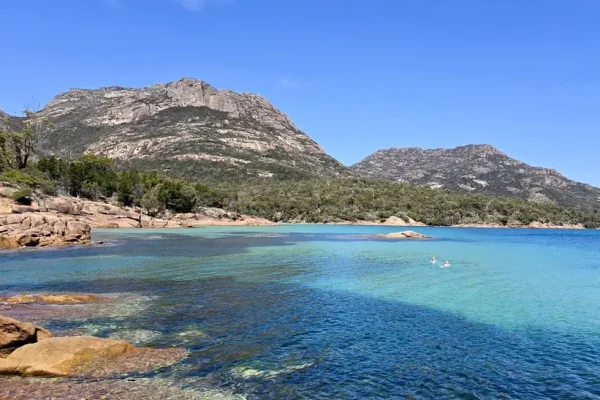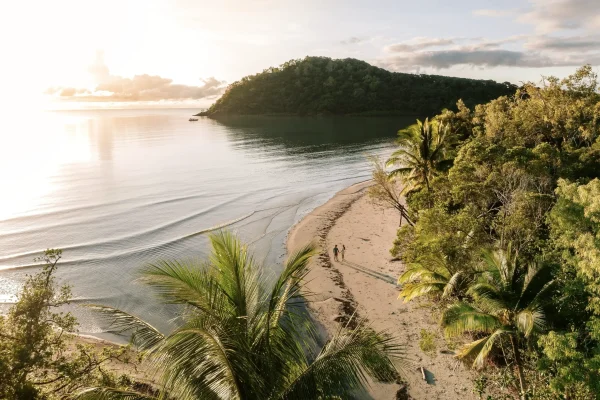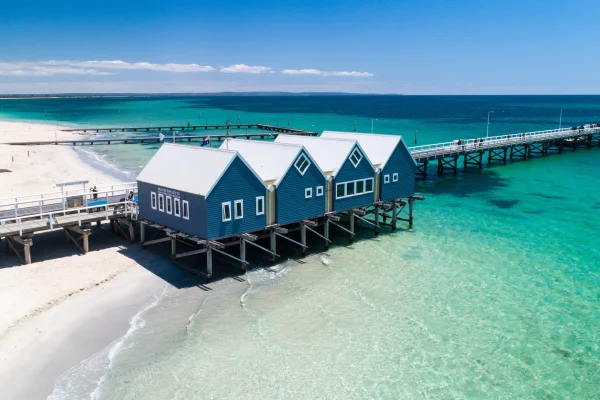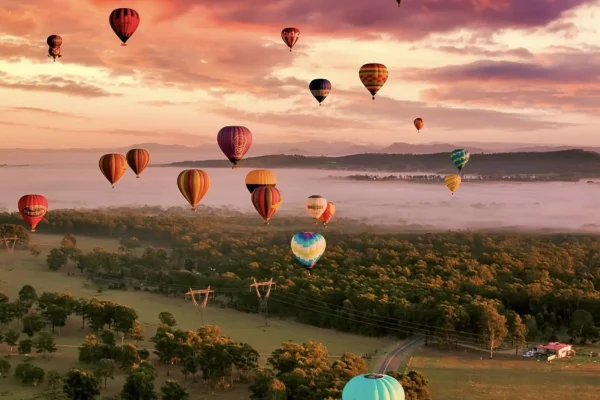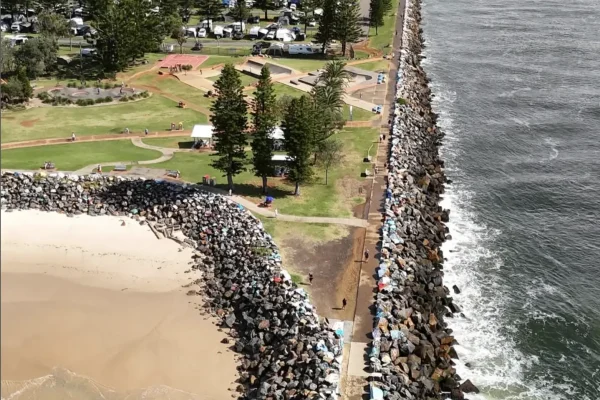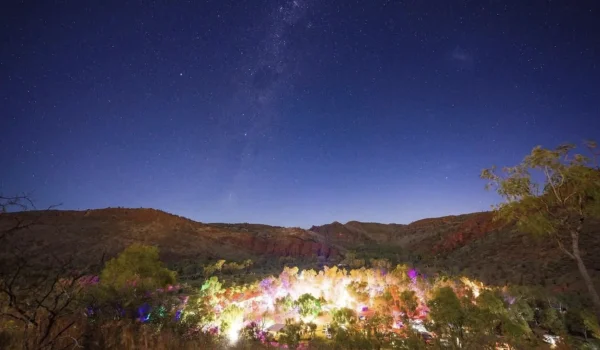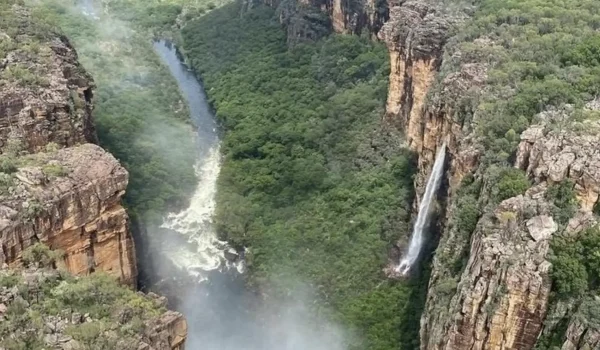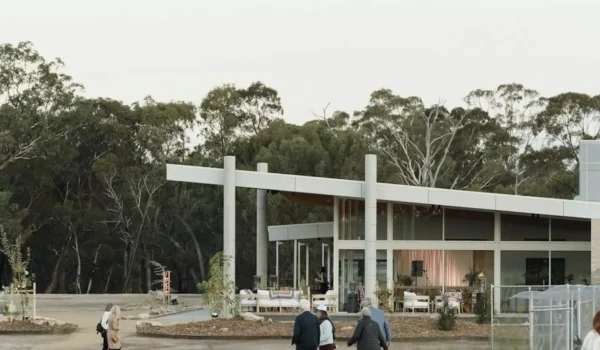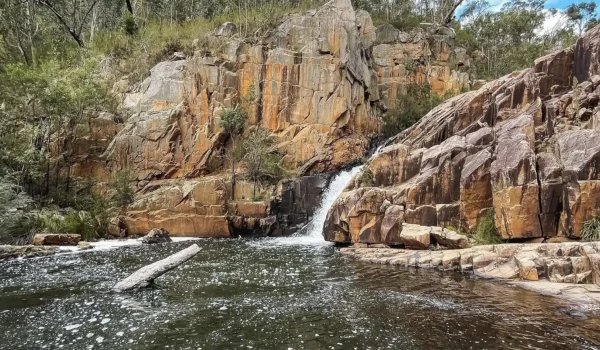In the middle of the Grampians, you’ll find the Grampians Grand Canyon, one of the best sights in the Grampians National Park. Rocky mountains, great views and big rock formations make it a walk for beginners and experienced walkers. This natural wonder, combined with the area’s Aboriginal history and native wildlife, makes it a must-see. With valleys, views, and nearby attractions like MacKenzie Falls and the Grampians Peaks Trail, the Grand Canyon is for those who want to get up close and personal with Victoria’s icon.
Historical Context and Formation
The Grampians Grand Canyon is the result of millions of years of geological forces that have shaped the sandstone ranges of the park. The rock formations have been weathered and eroded by wind and water, revealing layers of sandstone and creating jagged mountains. The area is also home to the Traditional Owners of the land, the Djab Wurrung and Jardwadjali people. Their culture and history are embedded in the landscape, with Aboriginal rock art sites throughout the region, this is a cultural landscape. As you walk the canyon, you’re walking in the footsteps of these ancient communities that have considered the Grampians a sacred place for thousands of years.
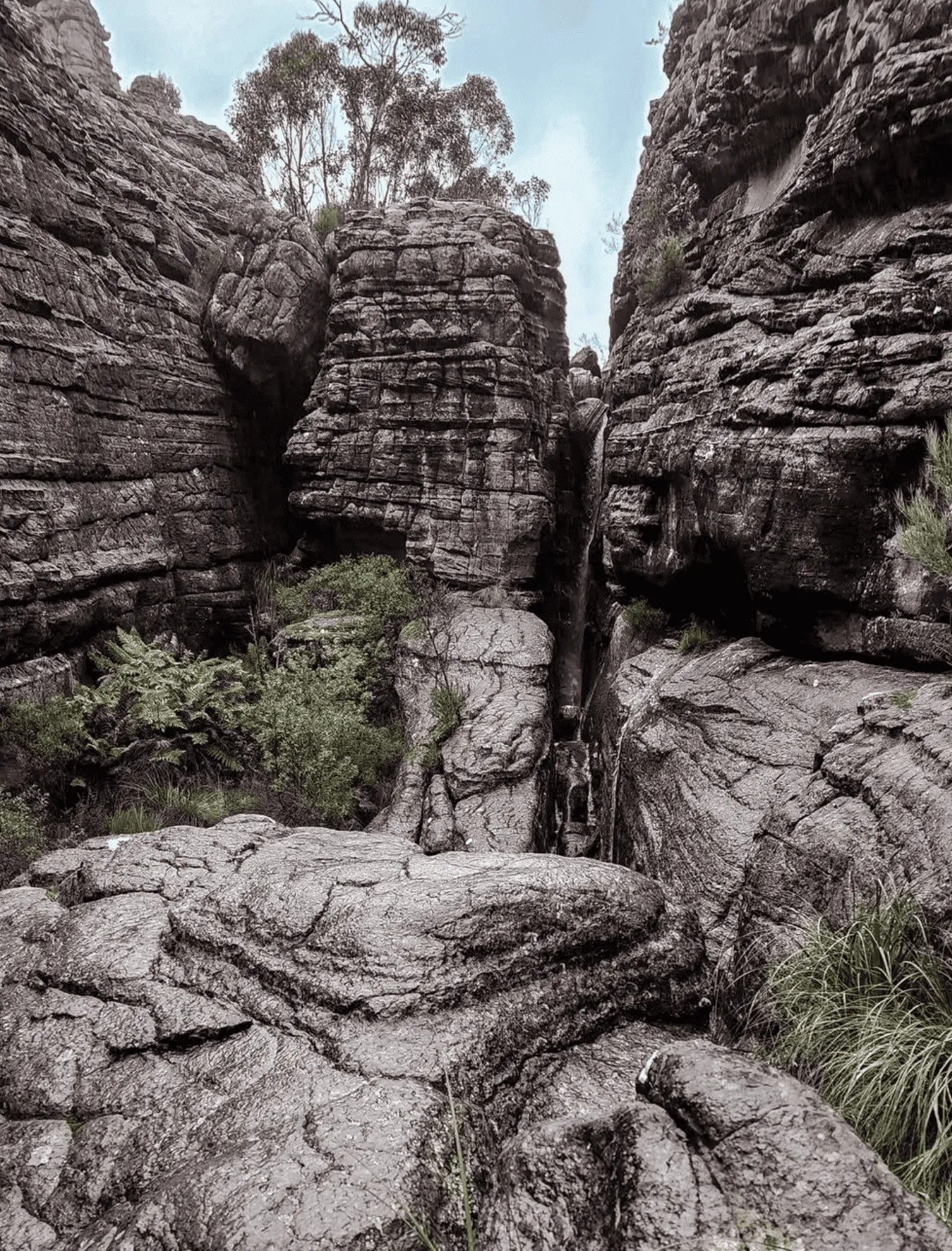
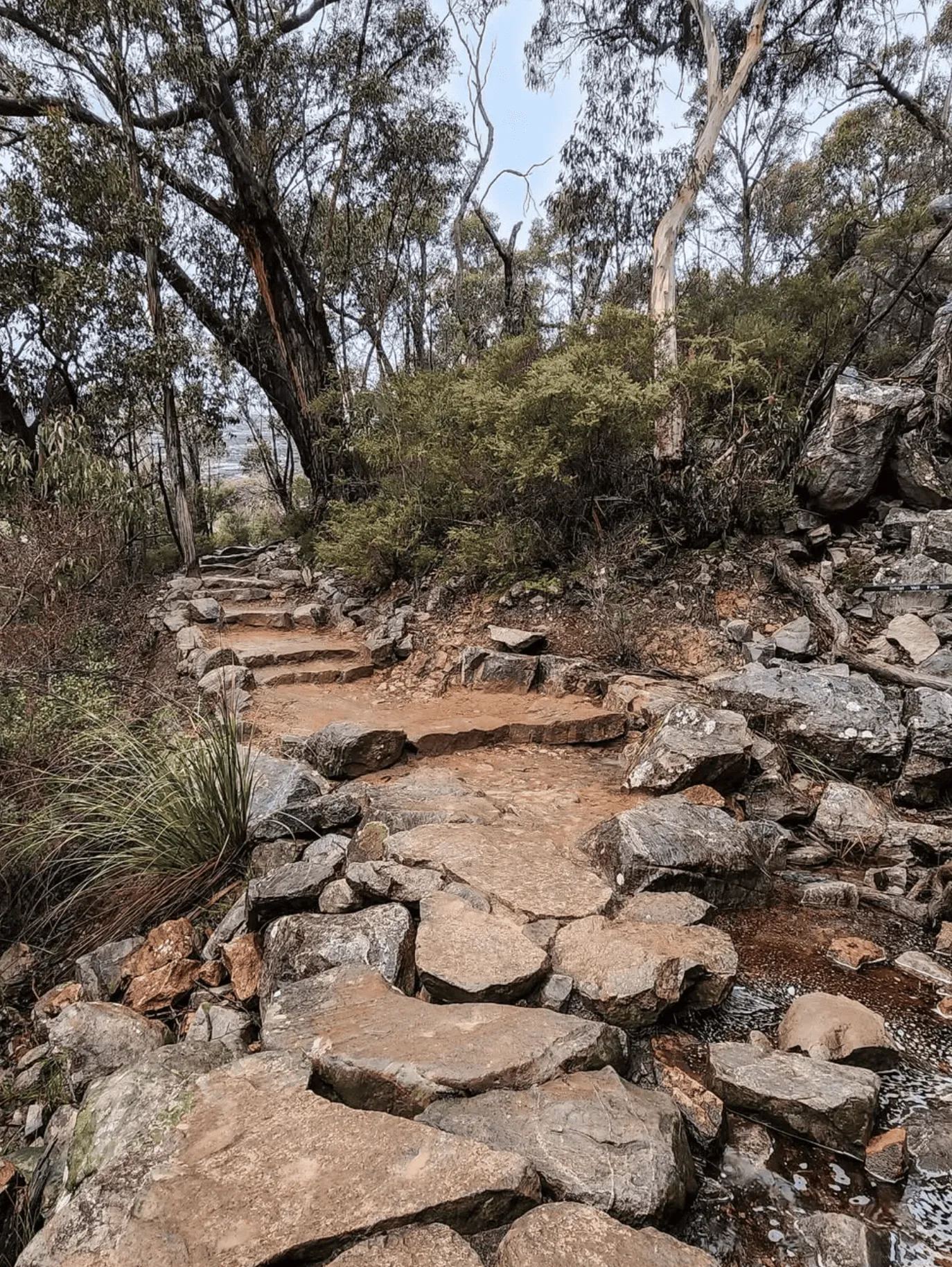
How to Get to the Canyon
Getting to the Grampians Grand Canyon is simple. It’s 3 hours from Melbourne. Follow the Western Highway (M8) towards Bacchus Marsh, go through the towns along the way and then onto Halls Gap, the heart of the Grampians National Park. From Halls Gap, it’s a short drive to the Wonderland Carpark, where the walk starts. The walk is well signposted, and along the way, you’ll have great views of the sandstone ranges and valleys. Or you can book a Grampians tour or a scenic flight with Grampians Helicopters for a bird’s eye view of the landscape.
The Walk
The Grand Canyon Walk is a 2.3km track that takes you through a rugged landscape of high cliffs, deep rock pools and interesting rock formations. This moderate walk has rock scrambling and rock hopping, it’s a hands on adventure. You’ll climb rocky and steady climbs along the way, and the views will be at various points along the track. As you walk through the rough terrain you’ll pass through Silent Street, a narrow gorge that’s part of this special walk.
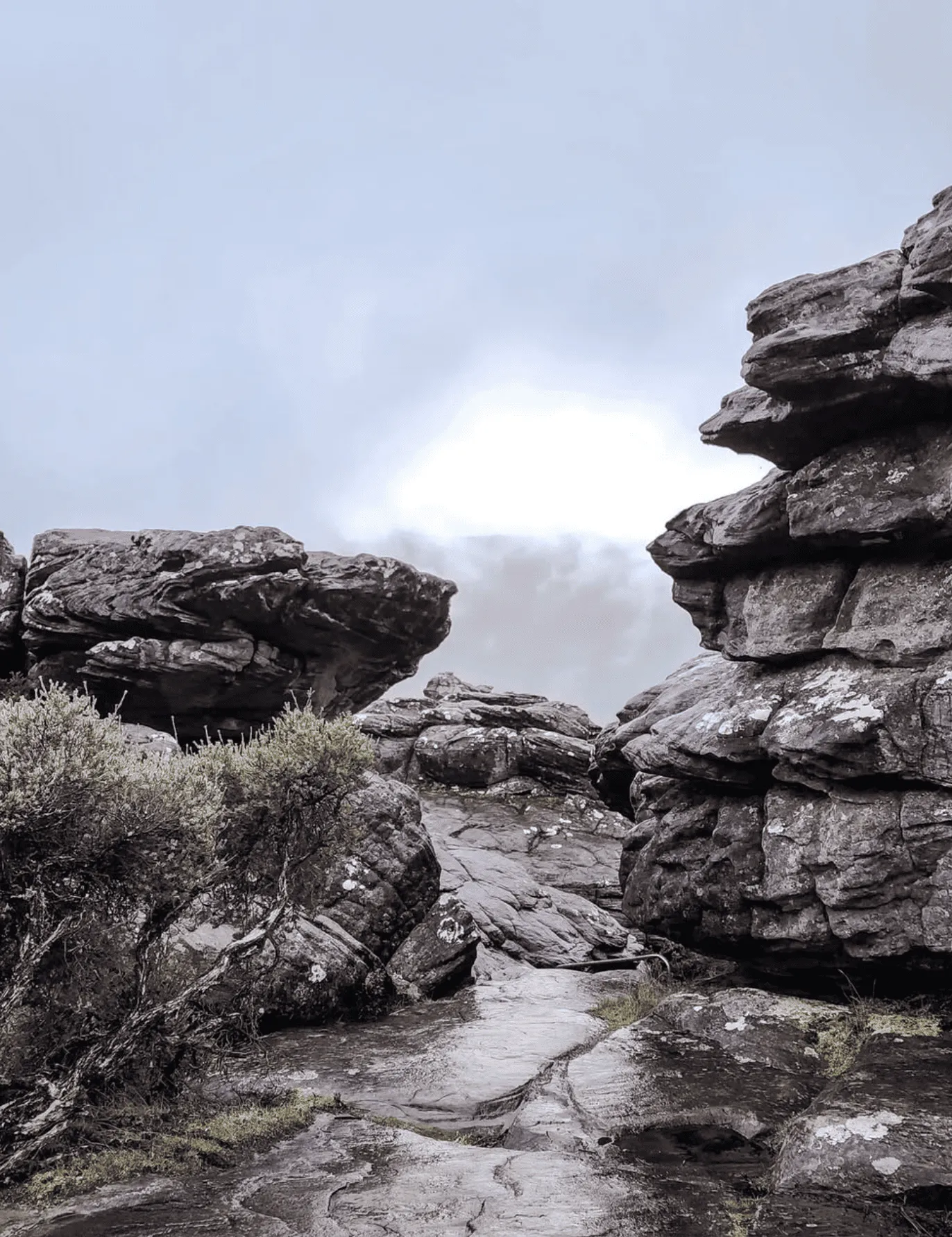
When to Visit
What to Bring
When hiking to the Grampians Grand Canyon, make sure to pack wisely. Good grip hiking boots are a must for the rocky terrain and rock scrambling sections. Bring plenty of water in warmer months, and don’t forget a hat, sunscreen and sunglasses. A lightweight rain jacket or poncho is also a good idea, as the weather in the Grampians can change quickly. Bring a camera to capture the views of the Grand Canyon, and if you’re planning a full day in the park, bring snacks or lunch to enjoy at one of the many picnic areas like Zumsteins Picnic Area.
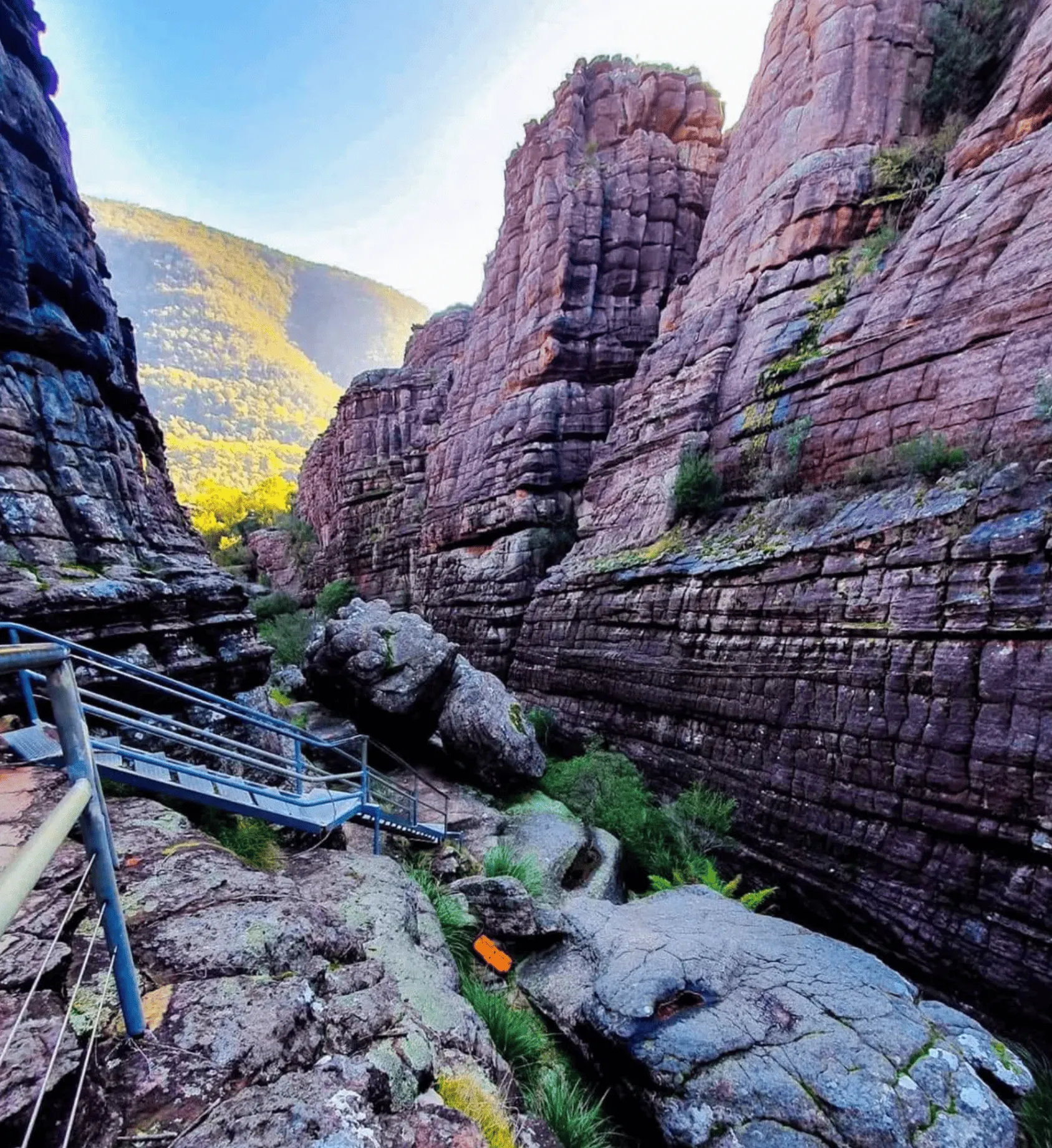
Flora and Fauna
Grampians National Park is a wildlife and plant paradise, and the Grand Canyon is no exception. As you hike through the canyon, you may see native animals like kangaroos, wallabies and echidnas. The skies above are often filled with wedge-tailed eagles, parrots, and cockatoos in the trees. There are also exotic animals and hidden wildlife, so it’s a sensory experience for visitors. The flora is made up of eucalyptus trees, native shrubs, and wildflowers, which bloom in spring and add colour to the already stunning landscape. Nearby, you can also explore other natural rock pools and waterfalls like Splitters Falls and Silverband Falls.
Nearby
After hiking the Grand Canyon, there’s plenty more to do. Hike the Grampians Peaks Trail for views of the whole park, or visit MacKenzie Falls, one of the biggest waterfalls in Victoria. If you’re interested in Aboriginal history, the park’s Aboriginal rock art sites are a must-see for learning about the Djab Wurrung culture. Reed Lookout has 360-degree views of Victoria Valley and Lake Wartook, and Boroka Lookout has equally stunning views. In the nearby town of Halls Gap, visit the gift shop or grab a meal at the Royal Mail Hotel or one of the wineries in the area.
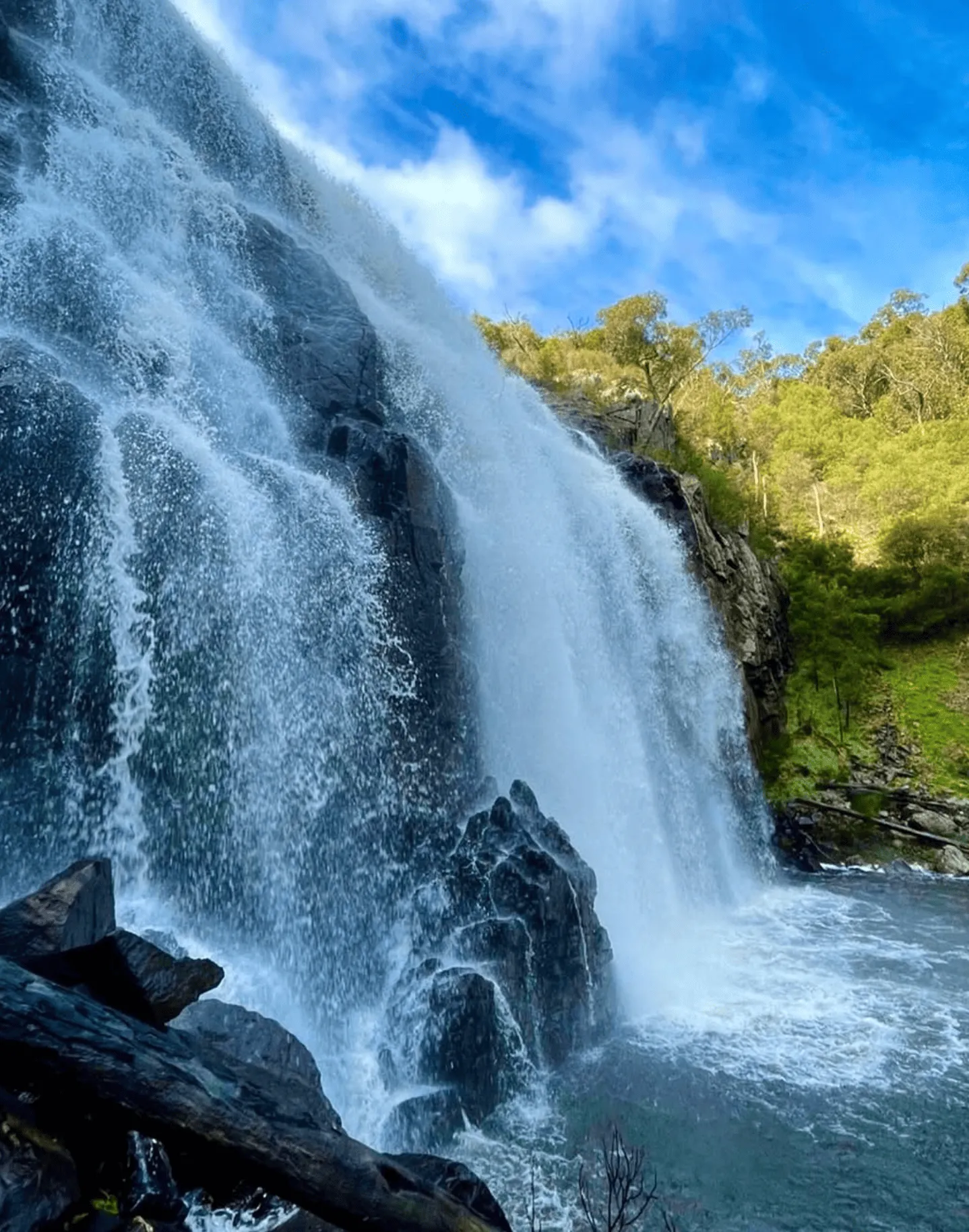
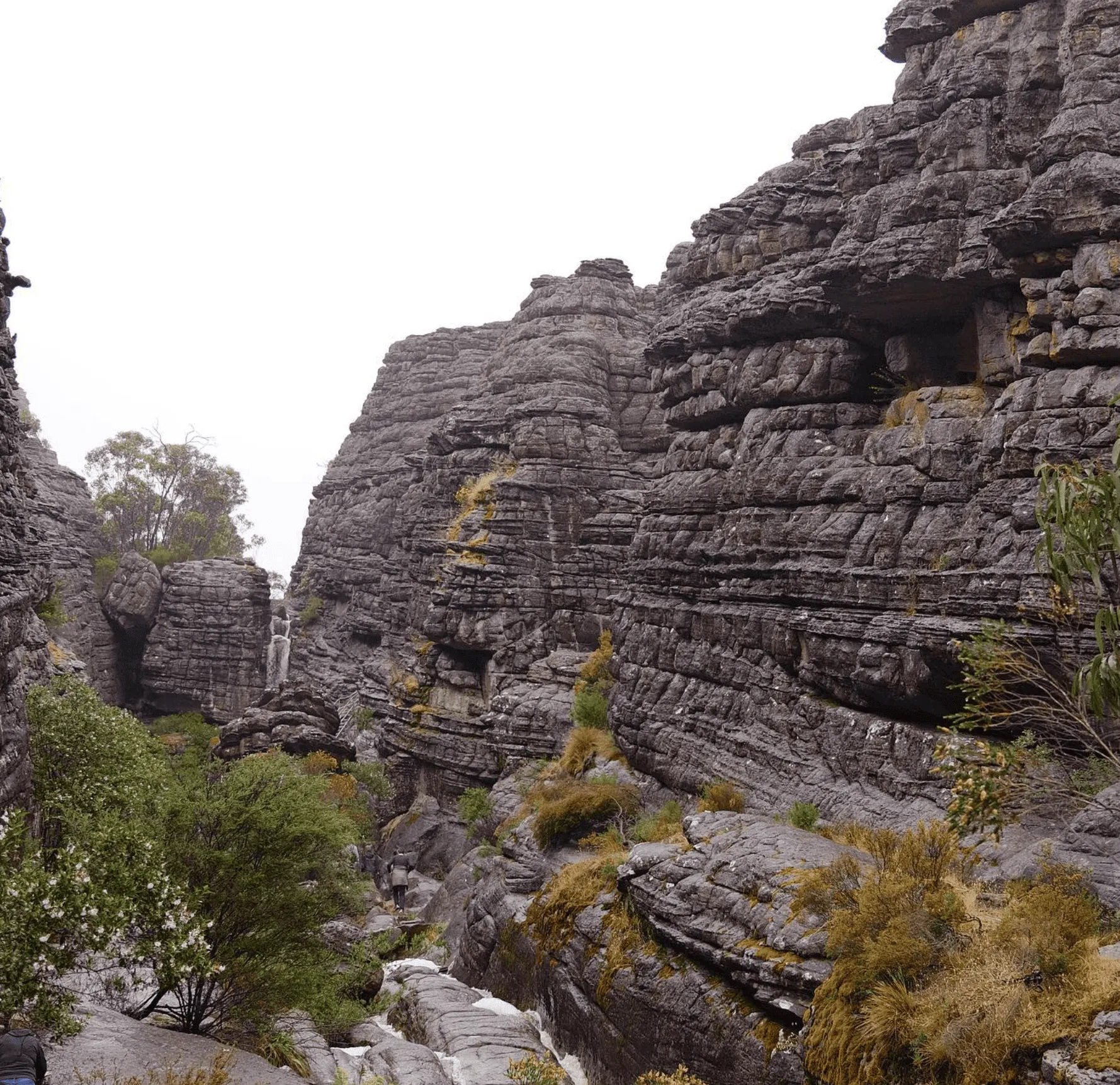
Hiking Tips
Safety first when hiking in the Grampians Grand Canyon. Stay on the marked track, and don’t go off track. The terrain can be tricky. Carry plenty of water as the environment is physical and hot, especially on hot days. Wear the right clothes including good shoes and be prepared for rocky bits in some areas. Mobile coverage is limited in some parts of the park, so let someone know where you are going if you’re hiking solo. Be careful at track intersections and stay on public land where allowed. Assistance dogs are allowed in some areas of the park, so it’s more accessible to more people.
FAQ
How hard is the Grand Canyon walk?
Moderate, some rock scrambling and rock hopping. Suitable for most fitness levels but some experience with rocky terrain helpful.
Can I bring my dog to the Grand Canyon?
There are no pets in the park, but assistance dogs are allowed in some areas, so they are more accessible to everyone.
Are there guided tours?
Yes, Grampians Helicopters and Grampians Wine Tours.
What to bring?
Boots, water, sunscreen and hat. Camera and snacks.


